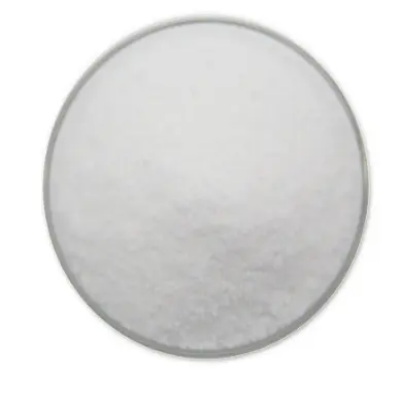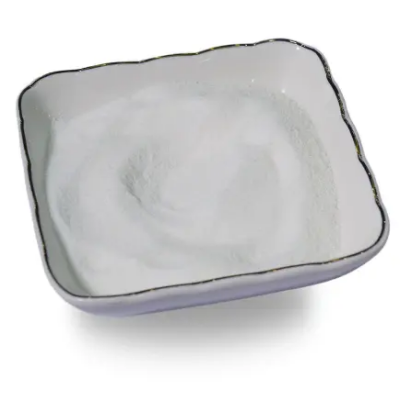Puromycin dihydrochloride CAS:58-58-2
Puromycin dihydrochloride is widely employed in cell culture experiments and molecular biology research to study protein synthesis, gene expression, and cellular processes. By inhibiting protein synthesis, puromycin dihydrochloride can be utilized to investigate various aspects of translation, such as ribosome activity, mRNA translation efficiency, and nascent peptide elongation rates. In cell biology studies, researchers use puromycin dihydrochloride to assess protein turnover, examine protein localization, and analyze translational regulation under different experimental conditions. The incorporation of puromycin into newly synthesized proteins allows for their visualization and quantification through techniques like western blotting, immunofluorescence microscopy, and pulse-chase experiments. Moreover, puromycin dihydrochloride is commonly employed in selection protocols for establishing stable cell lines with integrated exogenous genes or reporter constructs. Cells expressing resistance to puromycin can be enriched and maintained in culture, facilitating the generation of genetically modified cell models for functional studies and screening assays. Overall, puromycin dihydrochloride serves as a versatile research tool in molecular biology and cell biology studies, providing valuable insights into protein synthesis dynamics, cellular responses to environmental stimuli, and mechanisms of gene regulation. Its application extends to a wide range of experimental systems, contributing to advancements in understanding fundamental biological processes and disease mechanisms.



| Composition | C22H30ClN7O5 |
| Assay | 99% |
| Appearance | white powder |
| CAS No. | 58-58-2 |
| Packing | Small and bulk |
| Shelf Life | 2 years |
| Storage | Store in cool and dry area |
| Certification | ISO. |








![(4S)-3-[5-(4-Fluorophenyl)-1,5-dioxopenyl]-4-phenyl-2-oxazolidinone CAS:189028-93-1](https://cdn.globalso.com/xindaobiotech/2WI17RKBWR11PZUDNLH65.png)
